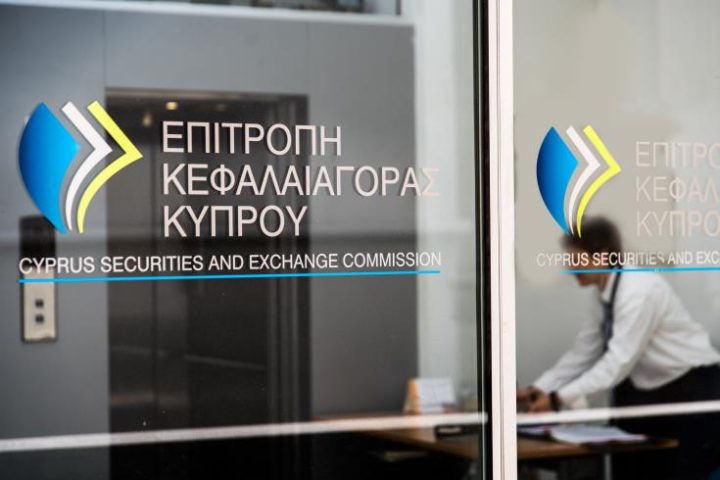The saga of Archegos Capital Management brought to surface lessons that should have been learned a long time ago.
Archegos, meaning ‘leader’ in Greek, was forced to liquidate its portfolio at a loss to cover its margin call. Apparently, it was poorly managed and diversified considering its huge size.
Credit Suisse, Nomura and others face enormous losses which, according to a report by JP Morgan, they are looking at a combined loss of up to $10 bln.
Lesson number one is that trading on margin leverages risk and requires strict enforcement of investment strategies that mitigate risk. Diversification and trigger points for selling are the answers when margin is used assuming that one has done a lot of research before taking any long or short position.
None appears to have been used in the case of Archegos.
The second lesson is risk management. Those who took measures to deal with risk have minimised it early on. Goldman Sachs, for example, was reportedly unharmed by the Archegos fallout and told the media that their losses were immaterial.
According to some reports, Goldman was fast to act when it detected that something was off and saved the investment bank a great deal of money, while others were not so lucky or perhaps diligent.
Once again compliance with regulatory and internal rules is critical to the survival and success of financial institutions.
Any such failure points to poor corporate governance and weak management, as compliance failures often arise from so many different reasons according to the business model and market exposure that a financial institution is faced with.
Role of boards and directors
It is the role of the board of directors to ensure that compliance and risk management tools and policies are there and are properly monitored to ensure that no negative surprises happen.
Unfortunately, when they do, the consequences often extend well beyond the financial losses as they may trigger regulatory investigations, lawsuits, and ultimately loss of reputational as well as financial capital.
CySEC, the financial watchdog in Cyprus, is taking precautionary measures to ensure that compliance rules are enforced and that regulated entities do not engage in practices that may offer a quick and easy way to maximise profits at the expense of their clients, for example.
While every regulator in the single market and across the Atlantic wants to minimise market abuses and negative shocks in the market, it is up to the financial institutions and their boards of directors to ensure that sound strategies and good compliance practices are in place as part of a broader business model.
Continuous training and building a culture of compliance is without doubt the best way to deal with risk.
After all, the fallout of Archegos Capital Management proved once again that risk is hidden in plain sight.
Michael S. Olympios is an economist, business advisor, Editorial Consultant to the Financial Mirror










